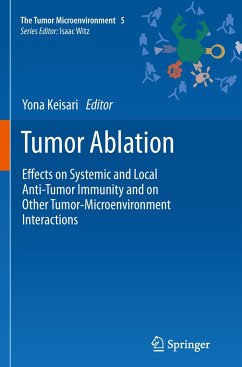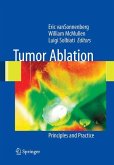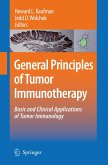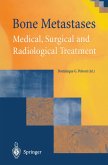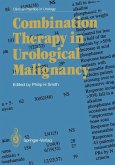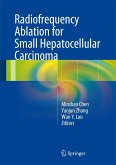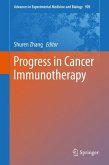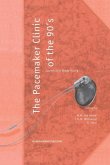The growing knowledge on tumor-immune response interactions and on the tumor microenvironment did not translate so far into better control of cancer by anti-tumor vaccination. The percentage of patients who benefited from vaccination strategies is still too small to justify their general use. It is the aim of this book to present an alternative to the conventional approach of developing injected tumor vaccines to activate anti-tumor immunity, which will fight cancer. It is argued that in situ tumor ablation (destruction) that involves tumor antigen release; cross presentation and the release of danger associated molecular patterns (DAMPs) can make the tumor its own cellular vaccine.
Tumor ablation methods using chemicals, radiation, photodynamic therapy, cryoablation, high-temperature, radiofrequency, high intensity focused ultrasound, and electric-based ablation have been developed for focal tumors. In this book experts will deal with two main topics: I. What are theprinciples of the various ablation modalities, and II. How each method affects the tumor cells and their microenvironment, and how these effects are responsible for the induction of specific anti-tumor immunity.
The aims of this book are thus: 1. Familiarize the readers with various methods of in situ tumor ablation. 2. Review the literature and stimulate comparisons on the efficacy of different ablation methods for the treatment of tumors of different histotypes. 3. Review the literature on the effects of various ablation methods on systemic and local anti tumor immunity and on other manifestations of the interactions of tumors with their microenvironment. 4. Stimulate comparative studies on the immunostimulatory effects of different ablation modalities.
Tumor ablation methods using chemicals, radiation, photodynamic therapy, cryoablation, high-temperature, radiofrequency, high intensity focused ultrasound, and electric-based ablation have been developed for focal tumors. In this book experts will deal with two main topics: I. What are theprinciples of the various ablation modalities, and II. How each method affects the tumor cells and their microenvironment, and how these effects are responsible for the induction of specific anti-tumor immunity.
The aims of this book are thus: 1. Familiarize the readers with various methods of in situ tumor ablation. 2. Review the literature and stimulate comparisons on the efficacy of different ablation methods for the treatment of tumors of different histotypes. 3. Review the literature on the effects of various ablation methods on systemic and local anti tumor immunity and on other manifestations of the interactions of tumors with their microenvironment. 4. Stimulate comparative studies on the immunostimulatory effects of different ablation modalities.

